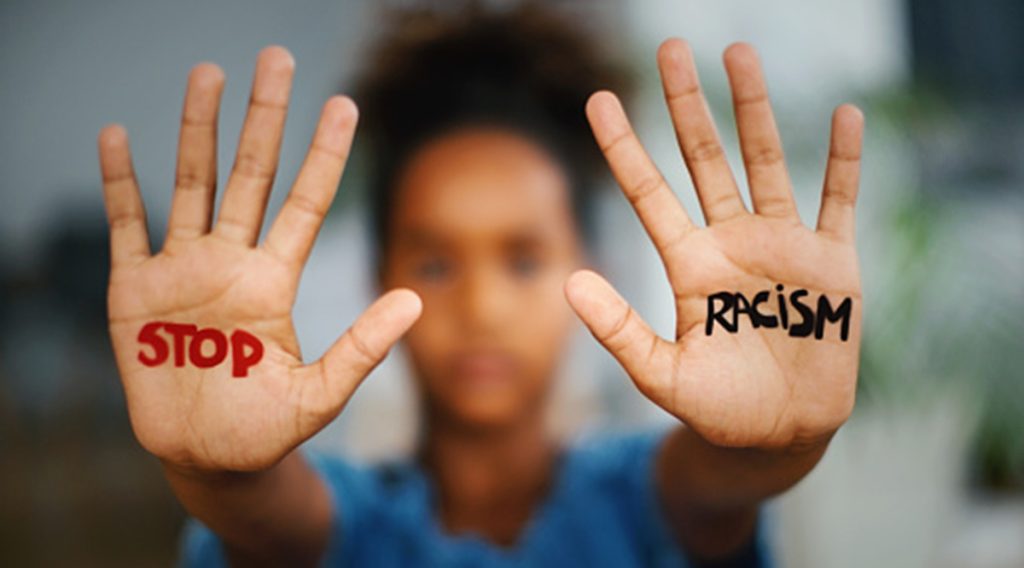The International Convention on the Elimination of All Forms of Racial Discrimination defines racist discrimination “as any distinction, exclusion, restriction or preference based on “race”, colour, descent, or national or ethnic origin which has the purpose or effect of nullifying or impairing the recognition, enjoyment or exercise, on an equal footing, of human rights and fundamental freedoms in the political, economic, social, cultural or any other field of public life.”
Racism is a form of discrimination or prejudice based on a person’s race or ethnicity, typically resulting in unequal treatment, marginalization, or oppression. It involves the belief in the inherent superiority or inferiority of certain racial groups, leading to unfair treatment and systemic disadvantages for marginalized communities
Oxford English Dictionary, Oxford University Press
However, even subtle forms of racism are discriminatory and toxic for a society. This includes, for instance, supposedly well-intentioned comments such as “your German is so good”. People who are constantly reminded that they “do not belong” experience this as humiliating, frustrating and paralysing. Such exclusions are not always intentional, but can also be the result of ignorance or thoughtlessness. However, this does not make them any less distressing or discriminatory. What matters, therefore, is to become aware of them and act accordingly.

The consequences are dire: Racism prevents the equal participation of all persons in a society, it misrepresents some people as “inferior” and can lead to psychological and physical violence. In extreme cases, it is used as a justification for genocide or mass killings.
Racism refers to the systemic and institutionalized practices, beliefs, and attitudes that perpetuate discrimination and prejudice against individuals or groups based on their race or ethnicity. It encompasses both overt acts of hatred and bias, as well as more subtle forms of discrimination embedded within social, economic, and political structures
Bonilla-Silva, Eduardo. Racism without Racists: Color-Blind Racism and the Persistence of Racial Inequality in the United States. Rowman & Littlefield, 2018
There are many forms of racism. Distinctions are made, for instance, between anti-Black, anti-Muslim or anti-Asian racism.
According to current scientific knowledge, however, there is no such thing as “human races”. Any categorisation into “races” based on supposed or actual traits such as skin colour or origin and the attribution of distinct and unequally valued traits and features are arbitrary and primarily a means of disparaging and excluding people.